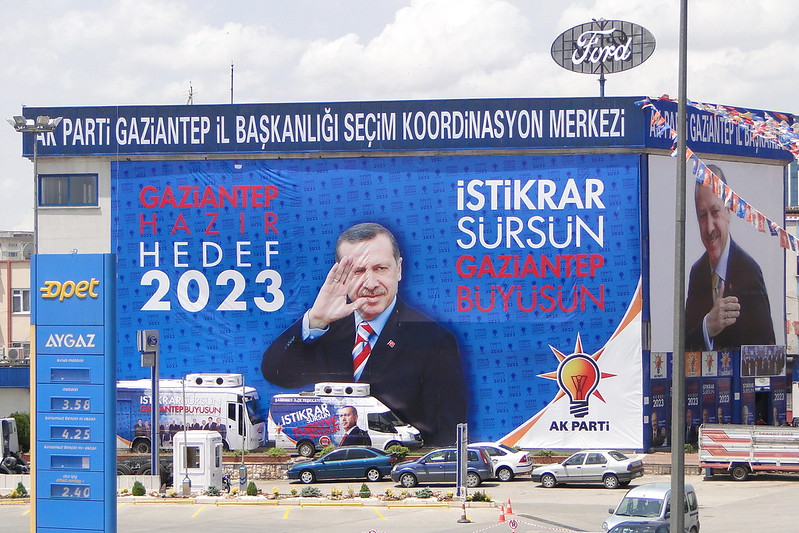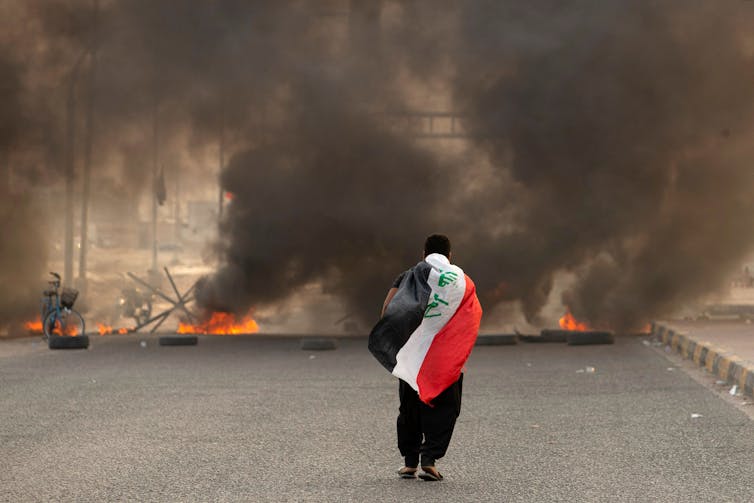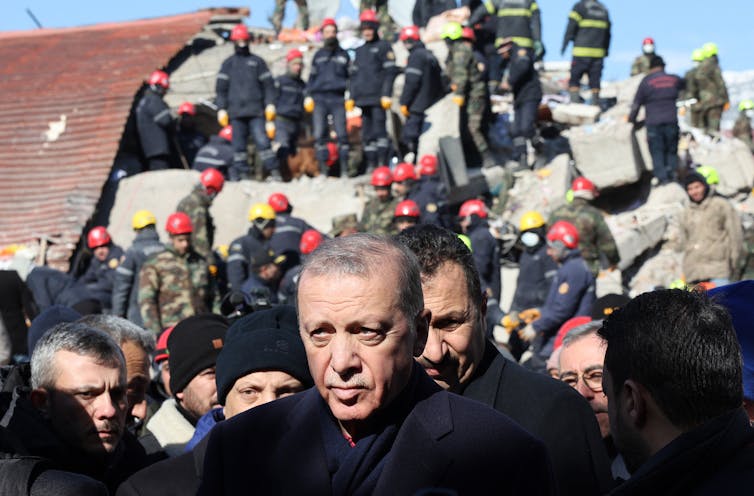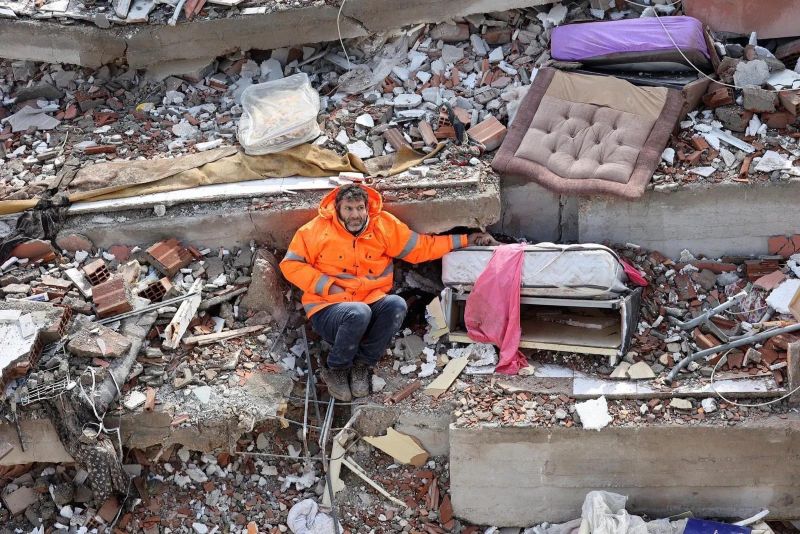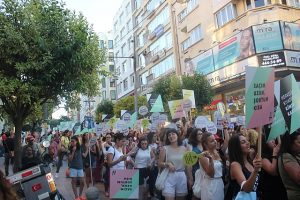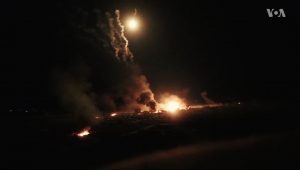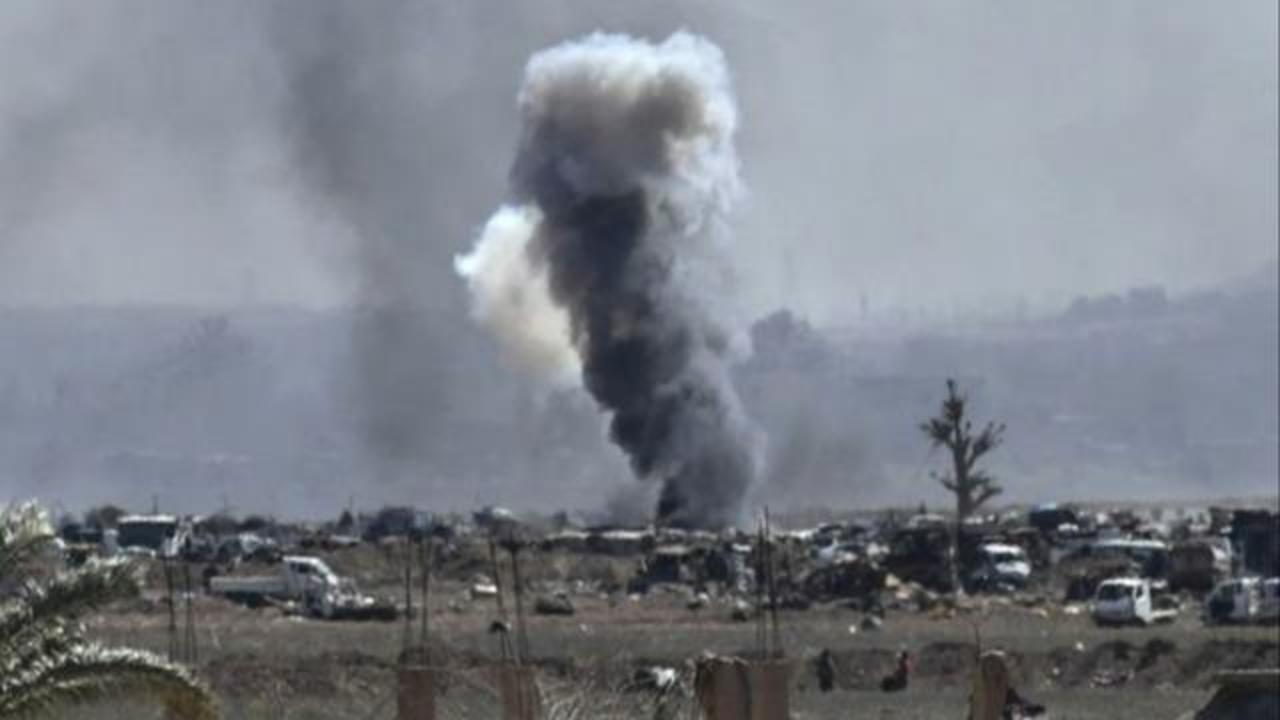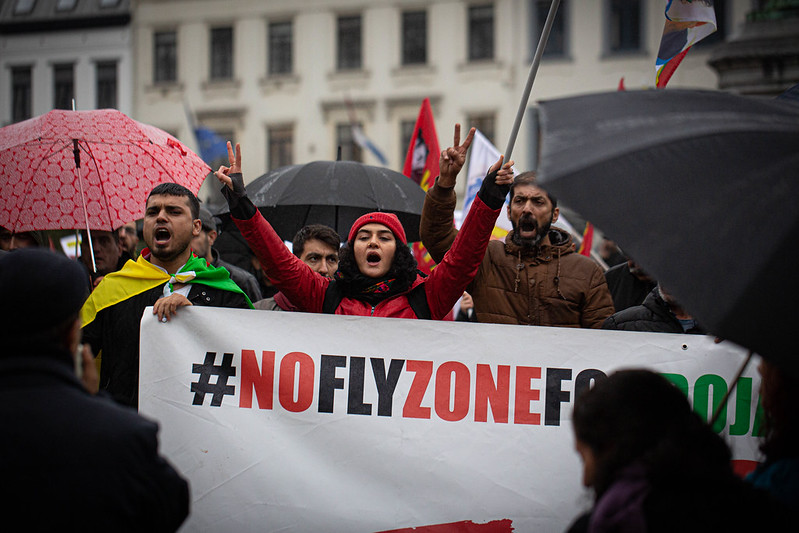“You opened the door to the rise of democracy, equality, and freedom,” Istanbul Mayor Ekrem Imamoğlu said following his re-election. “You ignited hope at the ballot box.”
By Brett Wilkins Published 4-1-2024 by Common Dreams
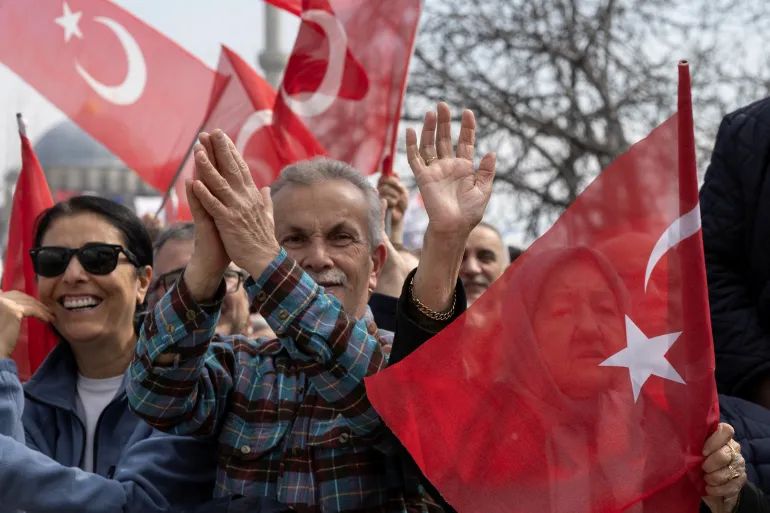
Turkish President Recep Tayyip Erdoğan’s Justice and Development Party suffered its worst-ever defeat Sunday when the country’s main opposition party scored major wins in municipal elections, including in all five of the nation’s largest cities.
With nearly all ballots counted, candidates for the center-left Republican People’s Party (CHP) emerged victorious in Istanbul, the capital Ankara, İzmir, Bursa, Adana, and other cities and towns. Turkish media reported CHP victories in 36 of the country’s 81 provinces. The right-wing Justice and Development Party (AKP) performed best in the largely rural Anatolian interior.
Continue reading


